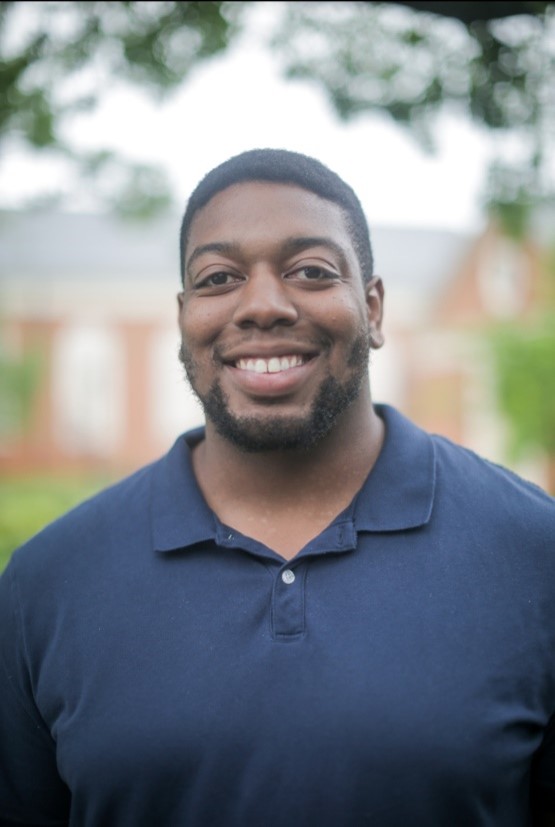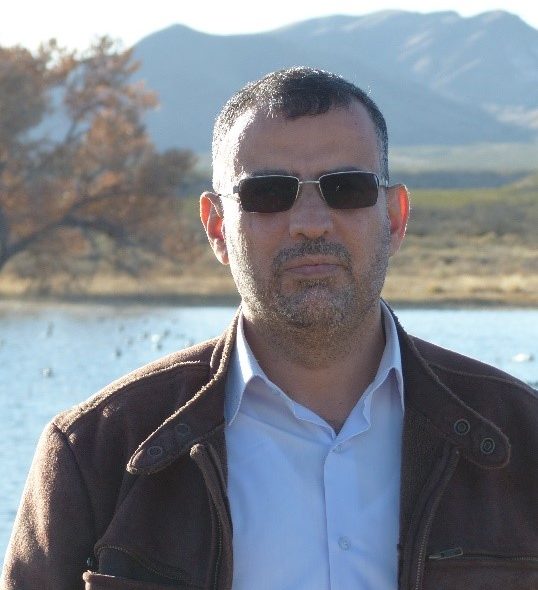Develop your Arabic language skills and earn academic credit while exploring Jordan’s social, political, and environmental landscapes. Explore the country’s ancient landmarks, such as Petra and Jerash.
College Credit
Language
Peace, Politics, & Human Rights
Social Change
Your Experiment starts in Amman, the capital of Jordan, a modern city with ancient roots. This fascinating city of contrasts—a unique blend of traditional and contemporary—is where you will begin your 45 hours of formal Arabic classes and experience Jordanian history, culture, and day-to-day life.
Then deepen your immersion by becoming part of a local community for four weeks during homestay activities and service projects and take advantage of around-the-clock opportunities to practice Arabic beyond the classroom. Your language training may exceed 90 hours with practice through formal classes, host community and peer interactions, and more. Expand your knowledge of present-day Jordan through discussions on politics, Islam, democracy, human rights, the role of refugees, and multiculturalism. You will also learn about the ongoing debates surrounding Jordan’s environmental and natural resource challenges.
Outside the capital, explore Jordan’s ancient history in Gerasa (Jerash) and Gadara (Um Qais), two cities of the Decapolis, a Greco-Roman federation of cities east of the Mediterranean. Visit Petra, one of the world’s new seven wonders, and trek the rocky mountains of Wadi Rum on camelback.
Explore the sample course syllabus to learn about teaching modules, learning outcomes, and program expectations.
Upon successful completion of this program, students will earn three college credits through The Experiment’s accredited partner institution, School for International Training.
The Experiment’s programs are designed to build skills that will help you succeed. In Jordan, you will learn:
TECHNICAL SKILLS
INTERPERSONAL SKILLS
*Program fees may increase by
$500 -$1000 to account for changes
to lodging accommodations.
Families or partner organizations are also responsible for arranging and paying for participants' domestic travel to the international departure/return airport in the U.S., whether flying, driving or by other means. By its nature, domestic airfare varies by airline, timing, destination, and availability.
Though it was only one month compared to a lifetime, my Jordanian family will always be a part of me. I got to learn a new language, try new foods, dance to new music, sing new songs, and create more memories. So, to The Experiment, my group leaders, host family, and all of the friends that I’ve made on this trip, شكرا!
KAYLA, The Experiment alum, Jordan
This itinerary is only a sample and is subject to change. Because of factors such as group size and availability of in-country offerings such as festivals, your experience — including sites visited and the number of days spent in each location — may differ somewhat from the one presented below.
Orientation in Amman
During the orientation period, you will stay in a centrally located hotel.
Urban Stay in Amman and Cultural Activities (Thematic Focus)
Southern Excursion
During this period, you and your group will stay in hotels and a camp.
Wrap-up and Reflection in Amman
Departure

The Experiment’s group leaders go through a rigorous selection process and have extensive experience with youth education, local expertise in the country or region of their program, language abilities, knowledge in their program theme, travel logistics and management know-how, and experience with health, safety and risk management.

Originally from Lilburn, Georgia, Dakarai earned his bachelor’s degree in international Affairs with a minor in African, African American diaspora studies and a concentration in conflict and security issues from James Madison University in 2022. Currently, he is pursuing a master’s degree in national security and Intelligence at Texas A&M’s Bush School of Government and Public Service. Dakarai has conducted research on internal human security issues, such as climate change, water rights and land tenure and the effects they have had on conflicts and the peace process. Dakarai has experience with global exchange programs through a past summer internship with the Washington Mandela Fellowship under the Presidential Precinct, and his current work as a Program Associate with World Learning’s Professional Fellows Congress and Alumni TIES teams.
College credit-bearing programs are led by accomplished and experienced faculty approved by the School for International Training (SIT). Faculty of record typically live in the country of study and are responsible for instructional content, classroom and field experiences, and daily program operations. They work in close consultation with SIT’s Dean of Faculty and The Experiment staff team and group leaders to craft an engaging, college-level curriculum and design field and internship experiences that match student needs and interests.

Raed, a Jordanian national, holds a PhD in environment and sustainability from the University of Newcastle upon Tyne in the UK. He is a former general director of the Hashemite Fund for Development of Jordanian Badia in Jordan and has managed a variety of development projects in the Middle East and North Africa on such diverse topics as environment and sustainability, management of scarce water resources, and developing sustainable livelihoods in pastoral communities. He is a frequent presenter at international conferences and is well-published in the field of sustainable development. He has served as an academic director with SIT in Jordan since 2007. His role as academic director is multifaceted, as he designs the various academic and field-based components of the program, administers the program as a whole, and acts as a resource and intellectual guide. He has also delivered lectures on water and environmental policy and taught a course on research methods and ethics. The SIT program is heavily research-oriented, and he ensures that ethical standards are met, and that research is thoroughly professional, academic, and topical to the program of study.
1015 15th Street NW, Washington, DC 20005
PO Box 676, 1 Kipling Road Brattleboro, VT 05302
P: U.S. 1.800.345.2929 | Intl. +1.802.258.3481
F: 802.258.3427